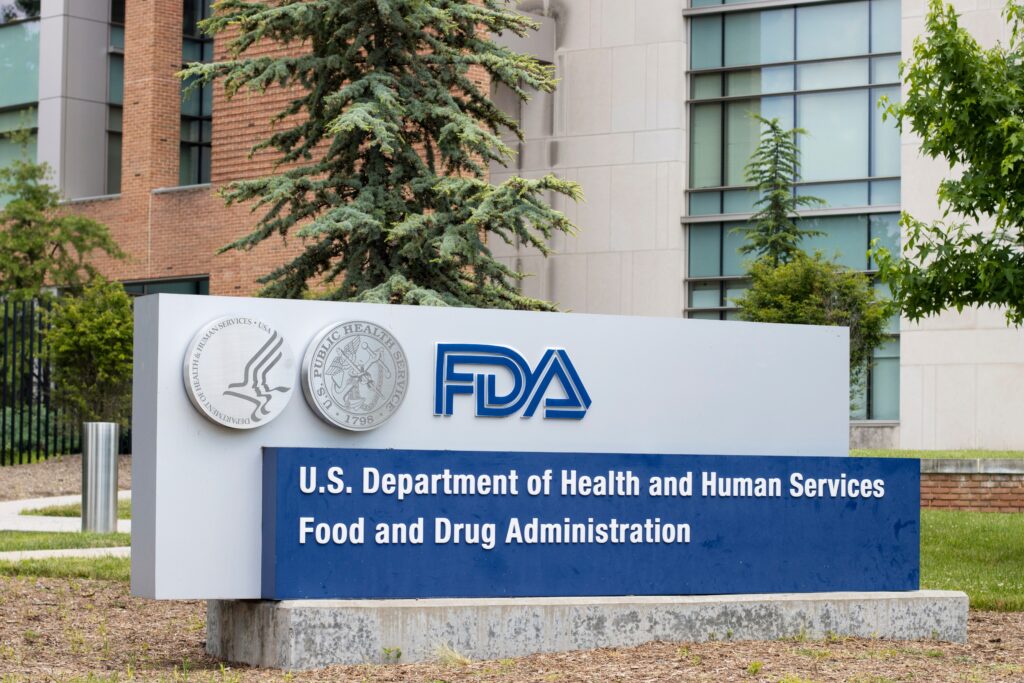The FDA has approved Poherdy (pertuzumab-dpzb) as an interchangeable biosimilar to Genentech-Roche’s breast cancer drug Perjeta (pertuzumab).
This marks the first biosimilar approval for Perjeta.
The approval covers the same HER2-positive breast cancer indications as Perjeta, which include use in combination with trastuzumab and chemotherapy (docetaxel) for first-line HER2-positive metastatic breast cancer, as neoadjuvant therapy for early-stage or locally advanced disease and as adjuvant therapy for early disease at high risk of recurrence.
As an interchangeable biosimilar, Poherdy may be substituted for Perjeta at the pharmacy level without needing a new prescription from a prescriber.
Poherdy was originally developed by Henlius Biotech, which out-licensed the drug’s ex-China rights to Organon in 2022, along with a biosimilar to Amgen’s Prolia/Xgeva franchise.
After a 13-year run, Perjeta’s primary patents expired in the second quarter of this year, according to Roche. The company said it expects the first Perjeta biosimilars to enter the US market in 2026.
It isn’t clear when Organon can launch Poherdy in the US, especially as Roche and its US unit Genentech filed a patent infringement suit against Henlius and Organon in August, asserting claims around a broad portfolio of Perjeta patents.
The FDA said Poherdy’s approval was based on comparisons across a broad range of structural and functional product quality attributes, including those known to impact safety and efficacy, human pharmacokinetic data, clinical immunogenicity data and supportive clinical data in breast cancer patients. The totality of data demonstrated that Poherdy is biosimilar to and interchangeable with Perjeta.
It was also supported by data from a Phase III trial that showed Poherdy (HLX11) matched Perjeta on efficacy and safety as a neoadjuvant treatment for HER2-positive early breast cancer.
Related: Inluriyo (Imlunestrant) Gains FDA Nod for ESR1-Mutated ER+/HER2– Breast Cancer
Perjeta sales have already been trending downward as Roche has pushed patients toward its fixed-dose Perjeta-Herceptin combination, Phesgo. In the first nine months of 2025, Perjeta sales fell 13% year over year to 2.3 billion Swiss francs ($2.9 billion), while Phesgo sales climbed 54% to 1.8 billion Swiss francs ($2.2 billion).
On the regulatory end, some significant changes could be coming in the biosimilar space. In recent draft guidance, the FDA outlined plans to accelerate biosimilar development and lower costs by easing clinical testing requirements for biosimilars.
It will also classify all approved biosimilars as “interchangeable” without additional switching studies. FDA Commissioner Martin Makary said the changes could slash average biosimilar development costs by about half.
Meanwhile, other Perjeta biosimilars to watch include EirGenix’s proposed pertuzumab, for which Sandoz recently secured global commercial rights, excluding select Asian markets.













Join or login to leave a comment
JOIN LOGIN